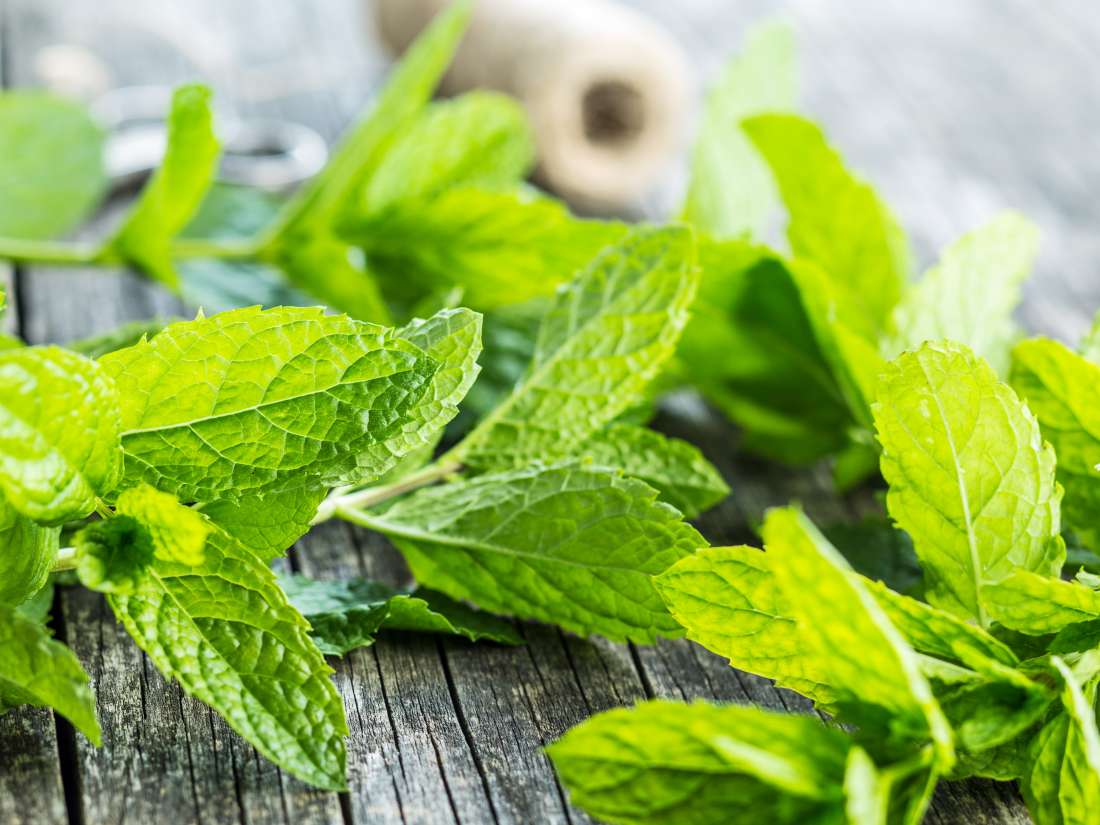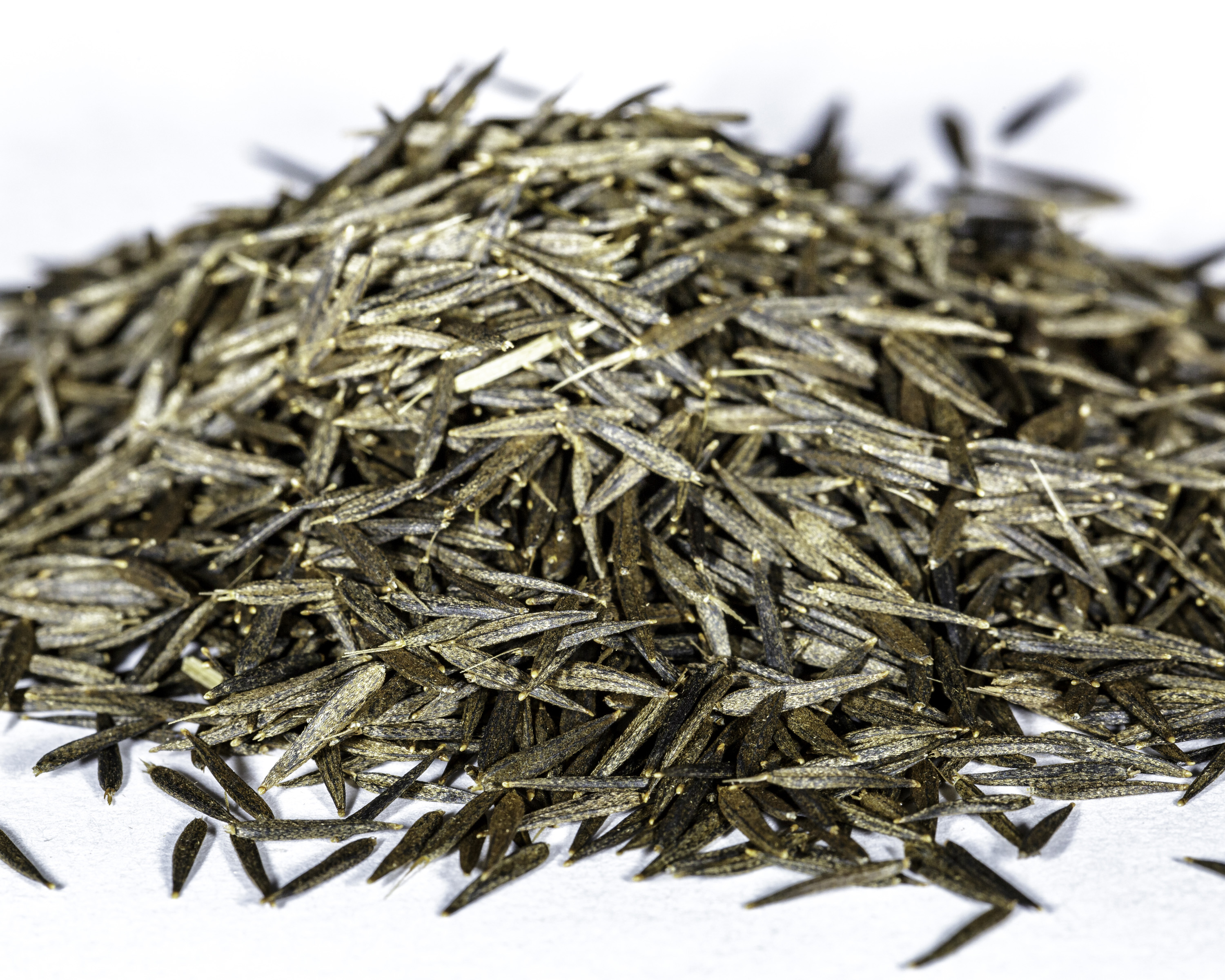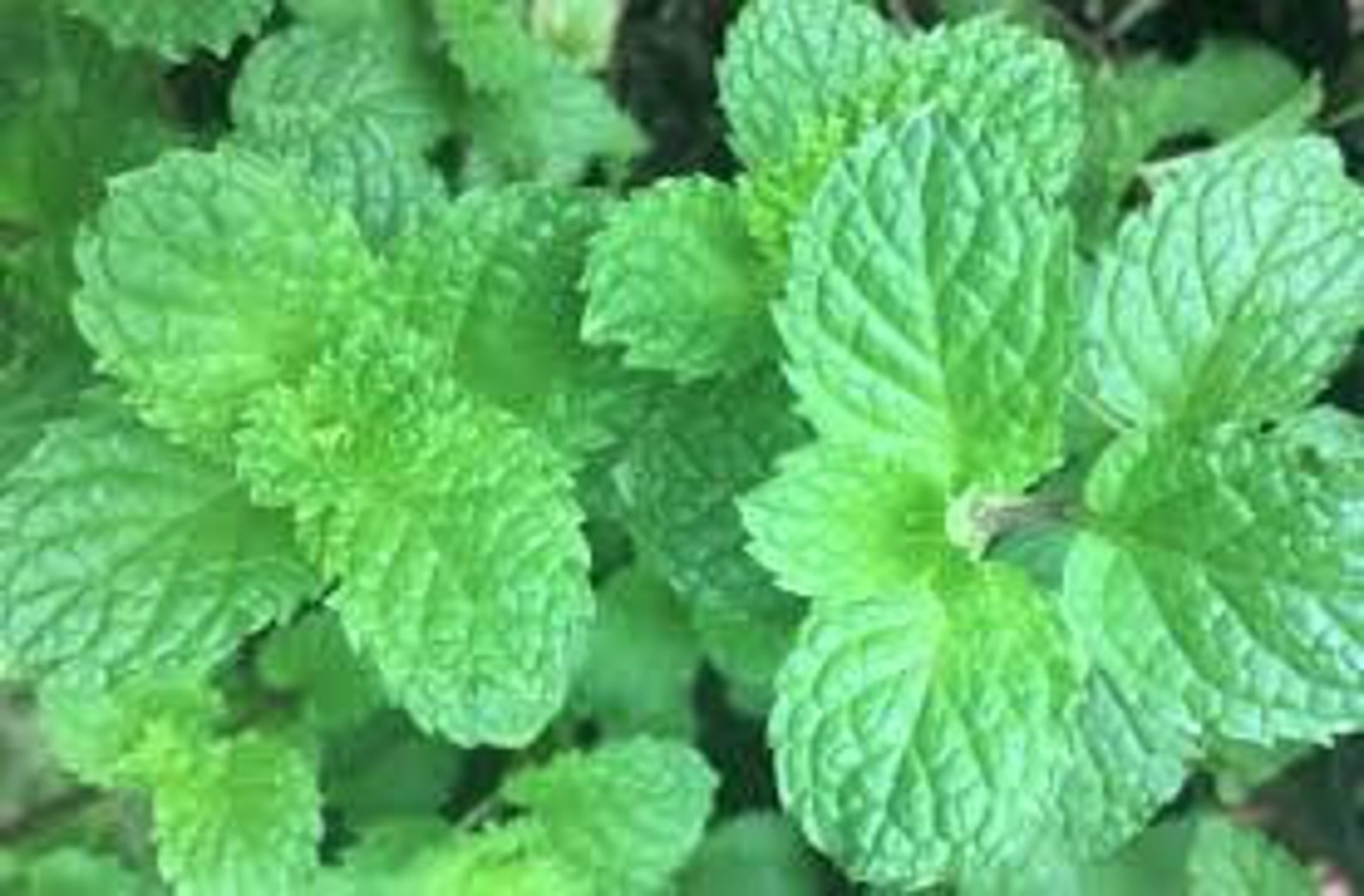
You can also grow mint in containers and start indoors at any time. However, because this is a hardy perennial, they can also be started any time up until two months before the first expected frost. In warmer regions, they can be directly sown into prepared garden soil in mid-spring. If you wish to transplant the seedlings outside in spring once soil has warmed, the seeds need to be planted in late winter. Once you have your cultivar, sowing mint seeds at the right time will ensure a big, beautiful crop of this versatile herb. There are over 3,500 varieties with special characteristics which makes variety selection important. It is a hardy perennial herb and grows quickly, often becoming invasive. It is featured prominently in many recipes from savory to sweet and even in beverages. Mint is a culinary herb of the Mediterranean and Asian regions. Here are a few tips on starting mint seeds so you can enjoy these fragrant herbs in your landscape. Growing mint from seed is easy and the little plants really take off once installed in a garden bed. Having it nearby in the garden attracts bees and allows you to access that zippy aroma and refreshing flavor for teas, seasonings, pest repellent, and even household deodorizing. If you want it in the garden but without the rapid spread, set it into a container instead, and use a saucer at the base to prevent the roots from growing into the soil below.You don’t have to be a fan of lamb or mojitos to love the scent and flavor of mint.

Do not plant it in an area where other plants must compete for space. Mint's greatest advantageits utter ease of growthis also one of its biggest problems. This makes your plant bushier and less leggy. Throughout the growth months, pinch off the tips of the stems.Space plants 12 to 18 inches apart in the garden.Many gardeners deliberately plant it in less favorable conditions to slow down its spread!
#Mint seeds full#
However, it is famously unfussy, so chances are it will not only survive but flourish in any light from full sun to deep shade, and any quality of soil provided the drainage is decent.


Do not cover the seeds they need light to germinate. To sow the seeds indoors, place them on top of the Bio Sponge in your Bio Dome, or on top of the medium in your seed flat. But as a hardy perennial, they can be started anytime until about 2 months before the first frost of fall, or year-round for indoor use. Both are super easy to grow, taking off like crazy to perfume home or garden all season.įor spring planting, mint seeds can be started indoors in late winter or direct-sown in the warm spring soil. By far the most commonly grown in this country are spearmint ( M. Native to the Mediterranean, the genus Mentha has parented more than 3,500 varieties. In addition to flavoring food and drinks, it serves as a natural pest deterrent in the vegetable, herb, or flower garden, and chewing the leaves not only freshens the breath but is said to calm an upset stomach.

Perfect for beginning gardeners, mint is the easiest of all herbs to grow, a perennial hardy in Zones 4-9.


 0 kommentar(er)
0 kommentar(er)
